
David S. Britton
Towards Social Justice

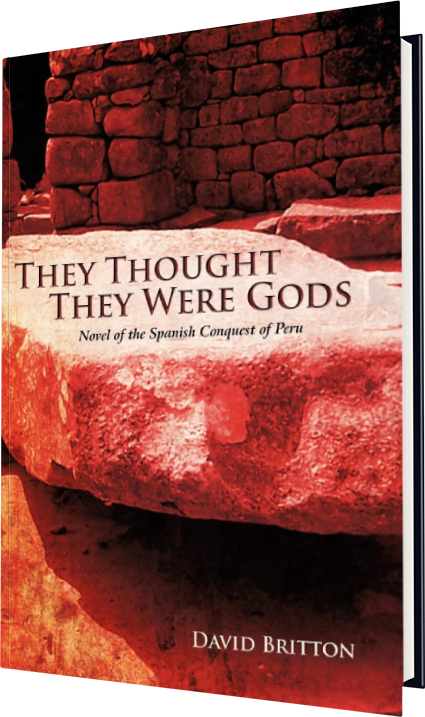
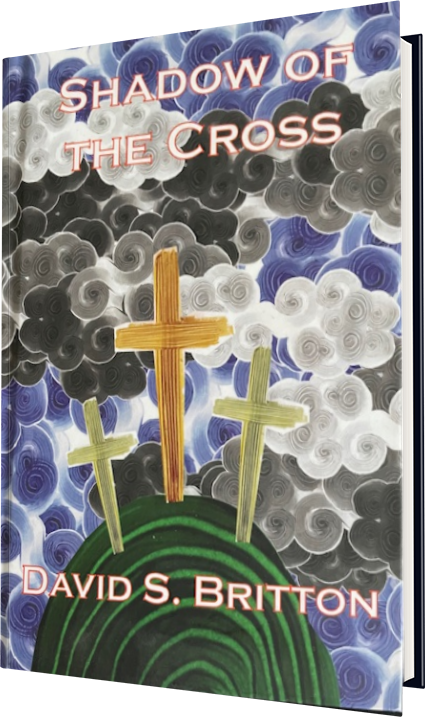
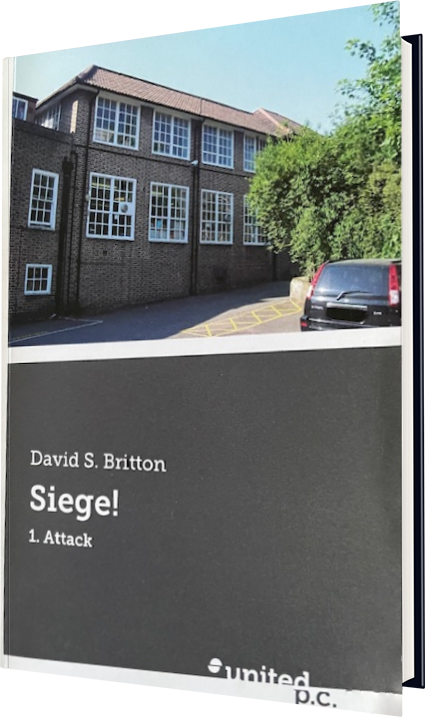
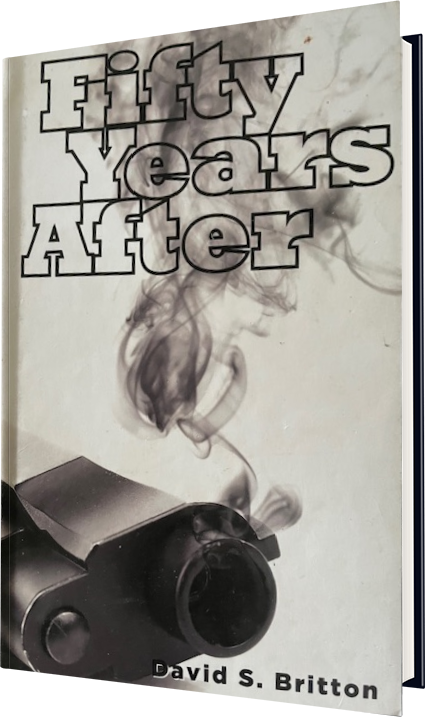

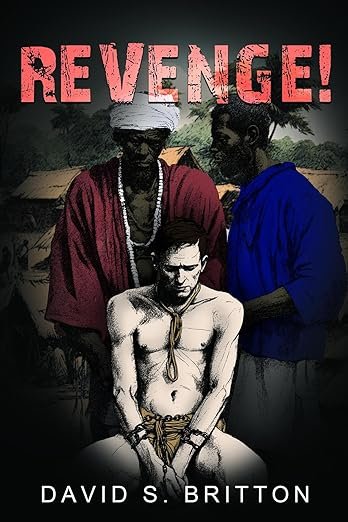
Inspirational Interview
Want to know a little more?
My Books

REVENGE! IS A DISH BEST SERVED COLD
It is some time in the future. A destructive war swept through the Northern Hemisphere, destroying the nations from North America, across Europe, and into Northern Asia, and, with them, the myth of White Supremacy. In the Southern Hemisphere, nations once dominated politically and economically by the former great powers in the north began to flex their muscles and assert their newly found freedom-among which is the former British colony of Australia.
Left bereft by the destruction of the Northern nations, as the flotsam and jetsam left behind when the tide goes out, are considerable numbers of foreign ex-patriot workers. Right-wing elements in the military and among politicians in Australia seized the chance to overthrow the pro-Western government and enslave the foreign workers, knowing that they were now helpless as a result of the destruction of their home countries.
Fifty Years After: The Hunt for Asif
It is August 2012. The Stewart Gang trials are over. Most of the gang members are behind bars and their leader, Lord Philip Stewart, is dead, hanged by his fellow prisoners during a riot. Julia Donaldson’s police team have brought all the gang’s police and political protectors to book – except one, the Prime Minister, Sir Marcus Greenway. Julia confronts him with the evidence against him and he agrees to resign.
Now a race against time begins as his enemies close in on Sir Marcus – the Police who want to arrest and charge him, the Jihadists who want to assassinate him, a survivor of the Stewart Gang who wants to kill him, and a determined reporter who wishes to expose him and his family as being involved in corruption. Facing this threat, the politicians around Sir Marcus and the Greenway family circle the wagons.
But – is this enough to protect the Prime Minister as the western World comes under a sustained terrorist assault by the Jihadists inspired by their leader, code named Asif? And all the time the niece of Philip Stewart is busy resurrecting the Stewart gang under her leadership, hotly pursued by Julia and her team. Will Julia find Elizabeth Stewart and will the Intelligence Community find and eliminate Asif before either can do real harm? And what will happen to Sir Marcus Greenway?


Fifty Years After
Siege! 1. Attack


Shadow of the Cross
They Thought They Were Gods: Novel of the Spanish Conquest of Peru
This novel is an account of the Spanish invasion and conquest of Peru, and of the native struggle, led by Manco Inca Yupanqui, to defeat it. It traces the history of those years from the death of the last great Inca, Huayna Capac, in 1528, probably from smallpox, which the Spanish brought to South America, to the death of the last Conquistadore, Don Gonzalo Pizarro, who was executed for treason in 1548, following his abortive rebellion against Spanish imperial rule.
The story is told by an Inca nobleman, Huayna Rimac, who was Curaca (Governor) of Machu Picchu and, later, of Vilcabamba, as well as being the age mate, confidant, friend, and aide de camp of Manco Inca. The book does not try to present a balanced and fair account of the conflict between the two empires. It is an Inca account of the conflict. Huayna Rimac, however, as time went on, began to appreciate the strengths of the Spanish, as well as their weaknesses. Eventually, he was, reluctantly, forced to give them credit for their achievements.



